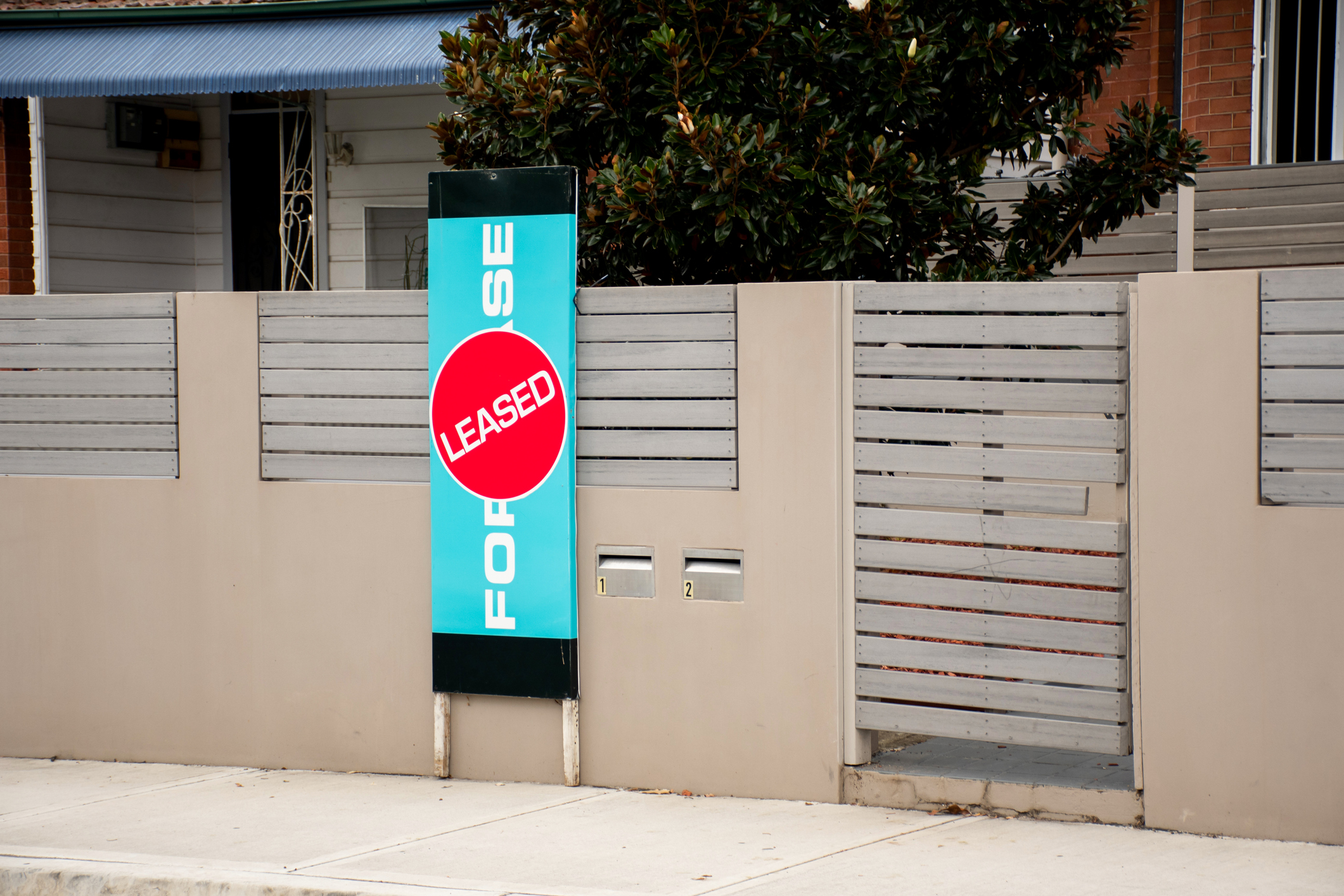Stop Obsessing About Work All the Time
A revenge fantasy about your boss. Your to-do list. That flop of a meeting. You need to quit ruminating about your job. Here’s how to do it.
It’s one thing to work long hours. It’s another to surrender your free time to swirling thoughts of office predicaments and projects hanging over your head.
Many of us can’t let work go. It’s sinking our mental health and damaging our relationships. We need to shift the approach in our heads.
Joe Mellin thought maybe a week alone in the woods would do it. He journeyed by plane, bus and minivan to a remote pocket of Colorado for a program that coordinates solo wilderness excursions. Armed with a toothbrush, a journal and some dried split peas, the 41-year-old hunkered down to meditate and find out who he was.
Turned out, he was someone who really liked obsessing about his job.
“I was literally saying, Joe, you’re in Colorado, you’re off work, you’re in the middle of a forest, stop thinking about work,” the Washington-based tech worker recalls. By hour 36, in the quiet of his sleeping bag under the moon, he gave in. Soon he was sketching PowerPoint presentations in his journal, filling 20 pages with notes before he was finally able to let go.
Whether you’re on a spiritual quest in Colorado or at the playground with your kids, internally troubleshooting next week’s client pitch or entertaining revenge fantasies about a colleague, there’s a cost.
“You’re getting aggravated anew each time,” says Guy Winch, a psychologist and author who fashioned a TED Talk on the subject.
We often think we have to fix our jobs to relieve our work stress. “You might,” he says. “But fix you first.”
Break the cycle
Start by tracking how much time you’re spending ruminating about work, Winch says. For many of his patients, that’s 10 to 20 hours a week—after-hours. (At the office, we’re generally too busy doing the job to perseverate about it, he says.)
To stop the cycle, tax your mental capacity with something more complex than Netflix or a walk. Try a memory task like naming all 50 state capitals or recalling the items in your fridge, Winch suggests. Two to three minutes is often enough for a reset.
Then, channel what you had been obsessing about into something useful. Ask yourself: What’s the actual problem to be solved? If you’re worried about workload, can you delegate to teammates or decline meetings?
If there’s nothing to be done about the situation—some co-workers are just annoying—try to find the silver lining, Winch adds. Maybe this is the spark you finally need to find a new, better job. Maybe you’re building skills that will help you in the future.
When you are your job
We’re bombarded with emails, Slack messages and back-to-back Zoom calls during the day, so it’s no wonder we can’t turn off our brains when we shut the laptop. We mentally brace for pings of all kinds, even when they’re not coming.
And some of this is on us. So many employees have tied their identities to their jobs.
“They’ve defined their whole value this way, so it makes it that much harder to let go of things,” Rebecca Zucker, an executive coach, observes of some of her clients. “Something that goes badly at work can feel annihilating.”
Lauren Orcutt, a 36-year-old in Sacramento, Calif., loves being a copywriter. Some of her friends and family don’t love constantly hearing about it, she says.
“I think about it so much, it just comes out,” she explains.
She’s often up at 3 a.m., galvanised by an idea for a new blog post or needled by the realisation she messed up an email. “I kind of felt like I was working all night” for months, she says. Her sleep suffered.
To reclaim her brain space, Orcutt started jotting down her thoughts in a lavender notebook she now keeps on the nightstand. Mistakes that are plaguing her get their own page, which she rips out in the morning.
“I am going to throw it away and move on with my life,” she says. Even capturing the good ideas calms her, helping her drift back to sleep.
Reprioritise your life
Ruminating about work can make it hard to fall and stay asleep, and damage our mood and mental health, says Verena C. Haun, a professor at the Julius Maximilian University in Würzburg, Germany, who studies psychological detachment from work. Depleted, we often perform worse at work the next day.
She suggests marking the transition from work with a simple ritual, like washing out your coffee cup or changing clothes. Find a hobby, or three, that make you truly forget about work while you’re doing them. Set a goal, say, an hour spent gardening, especially on stressful work days.
You can’t think about work when you’re trying not to crash a boat, Jackie Hermes, the chief executive of a marketing firm, says she discovered. When the onset of the pandemic caused her business’s revenue to drop 40%, she rethought her relationship, once all-consuming, with her job.
“Is this really what I’m dedicating my entire life to?” she asked herself.
She doesn’t work less hours now, but she has changed how she thinks about work, allowing herself more flexibility and trying new things in her personal life. During the day, she’ll sometimes pop into the boating club she recently joined or catch a Milwaukee Brewers game at the ballpark.
“Work isn’t the only priority anymore,” she says, noting that so much about our jobs is out of our control anyway.
Now she tells herself, “I’m not behind. It’s always going to get done.”
 Copyright 2020, Dow Jones & Company, Inc. All Rights Reserved Worldwide. LEARN MORE
Copyright 2020, Dow Jones & Company, Inc. All Rights Reserved Worldwide. LEARN MORE
This stylish family home combines a classic palette and finishes with a flexible floorplan
Just 55 minutes from Sydney, make this your creative getaway located in the majestic Hawkesbury region.
A study suggests that when jobs are hard to come by, the best workers are more available—and stay longer
Could a recession be the best time to launch a tech startup?
A recent study suggests that is the case. The authors found that tech startups that began operations during the 2007-09 recession—and received their first patent in that time—tended to last longer than tech startups founded a few years before or after. And those recession-era companies also tended to be more innovative than the rest.
“The effect of macroeconomic trends is not always intuitive,” says Daniel Bias , an assistant professor of finance at Vanderbilt University’s Owen Graduate School of Management, who co-wrote the paper with Alexander Ljungqvist, Stefan Persson Family Chair in Entrepreneurial Finance at the Stockholm School of Economics.
Drawing on data from the U.S. Patent and Trademark Office, the authors examined a sample of 6,946 tech startups that launched and received their first patent approval between 2002 and 2012.
One group—about 5,734 companies—launched and got their patent outside of the 2007-09 recession. Of those, about 70% made it to their seventh year. But the startups that launched and got their first patent during the recession—about 1,212 companies—were 12% more likely to be in business in their seventh year.
These recession-era firms were also more likely to file a novel and influential patent after their first one. (That is, a patent the researchers determined was dissimilar to patents in the same niche that came before it, but similar to ones that came after it.)
So, why did these recession-era firms outperform their peers? Labor markets played a big role.
A widespread lack of available jobs meant that the startups were able to land more productive and innovative employees, especially in their research and development groups, and then hold on to them. More important, the tight labor markets also meant that the founding inventors—the people named on the very first patent—were more likely to stick around rather than try for opportunities elsewhere.
For startups started during the 2007-09 recession, founding inventors were 25 percentage points less likely to leave their company within the first three years. On average, about 43% of founding inventors in the entire sample left their startup within the first three years.
“Our study really highlights the importance of labor retention for young innovative startups. Retaining founding inventors cannot only help them survive, but also thrive,” Bias says.
This stylish family home combines a classic palette and finishes with a flexible floorplan
Just 55 minutes from Sydney, make this your creative getaway located in the majestic Hawkesbury region.






















